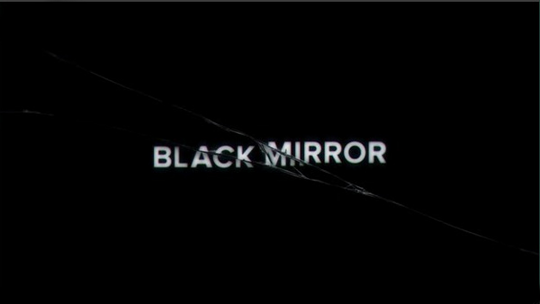
Photo Credit: flickr
With its original programming, Netflix continues to change how we think about the world around us. Think of how “House of Cards” changed the way we thought about politics, or how “Orange is the New Black” became part of the pop culture mainstream. And now there’s a new show on Netflix – “Black Mirror” that is gaining momentum with its techno-dystopia storylines.
In each episode, “Black Mirror” takes a look at how a piece of ubiquitous technology – such as our smartphones, our video games, and our social networks – could have a dystopian effect. Most recently, “Black Mirror” took a look at how social networks could become part of this dystopian future.
The “Nosedive” scenario for social media
“Nosedive” (Season 3, Episode 1) tells the story of how a young woman is obsessed with her social status – and all the unwelcome results that it brought. Critics have already called the episode “chilling,” “vicious” and “sharp.” It is, without a doubt, a biting satire about the way we use social media.
In the world of the near future, everyone is assigned a status between 1 and 5, and all the most desirable perks in this society are handed out to people with high 4’s. To ensure that people are constantly updating their status, every social interaction is subject to a rating. And, to make matters worse, every person is accompanied by an augmented reality-like social cloud that shows everyone else what their rating is. Thus, a high 4 can choose to interact with another high 4 instead of a low 4 or (horrors!) a “sub-4.”
That’s led to the creation of a society that’s sickly sweet on the outside – constant smiles and little nods of approval everywhere to keep those social scores high – but deadly dangerous on the inside, as everybody is in constant pursuit of getting their scores higher and higher. To buy the best homes, you need a 4.5, and the only way you can possibly get your score that high is by hanging out with people with scores of at least 4.5. But the people with scores of 4.5 and above don’t want to hang out with people with lower scores – and that’s what leads to so much tension in the episode.
“Nosedive” is a biting social satire on many elements found within today’s social media environment – the constant struggle for “likes” and the massive mood swings that can happen when someone with high social status likes what you post online. You can see how this immediately leads to a dystopian scenario – people are enslaved by the “like.” The goal of social media is just to post a beautiful picture at sunset, or a beautifully arranged piece of food in just such a way as to get more likes. More likes means more status, which means more access to things like premium seats on an airplane or the best homes.
Social replies to the “Black Mirror” problem
In many ways, people recognize this “Black Mirror” problem. Some people are downsizing their presence on social media. In some cases, they are quitting entirely (perhaps as the result of being bullied) and in other cases, simply because it is both mentally and physically exhausting to keep up with all these social networks.
In other cases, people are complaining of social media addiction. There’s a real-world physical explanation for this feeling of addiction. People get little drips of dopamine every time they get a like, so a particularly successful Facebook post is the equivalent of getting a very intense dopamine hit. That’s addictive, and it also leads to rapid attempts to replicate that same high.
The name of the Netflix show – “Black Mirror” – is a reference to the black shiny screen of our smartphones when they are not switched on. It’s perhaps also the key to understanding social media. If we judge ourselves only by what we see in the world of social media, it is not a true reflection of who we are. We need to judge ourselves by the meaning we bring to the world, not by how many people like our photos and videos.